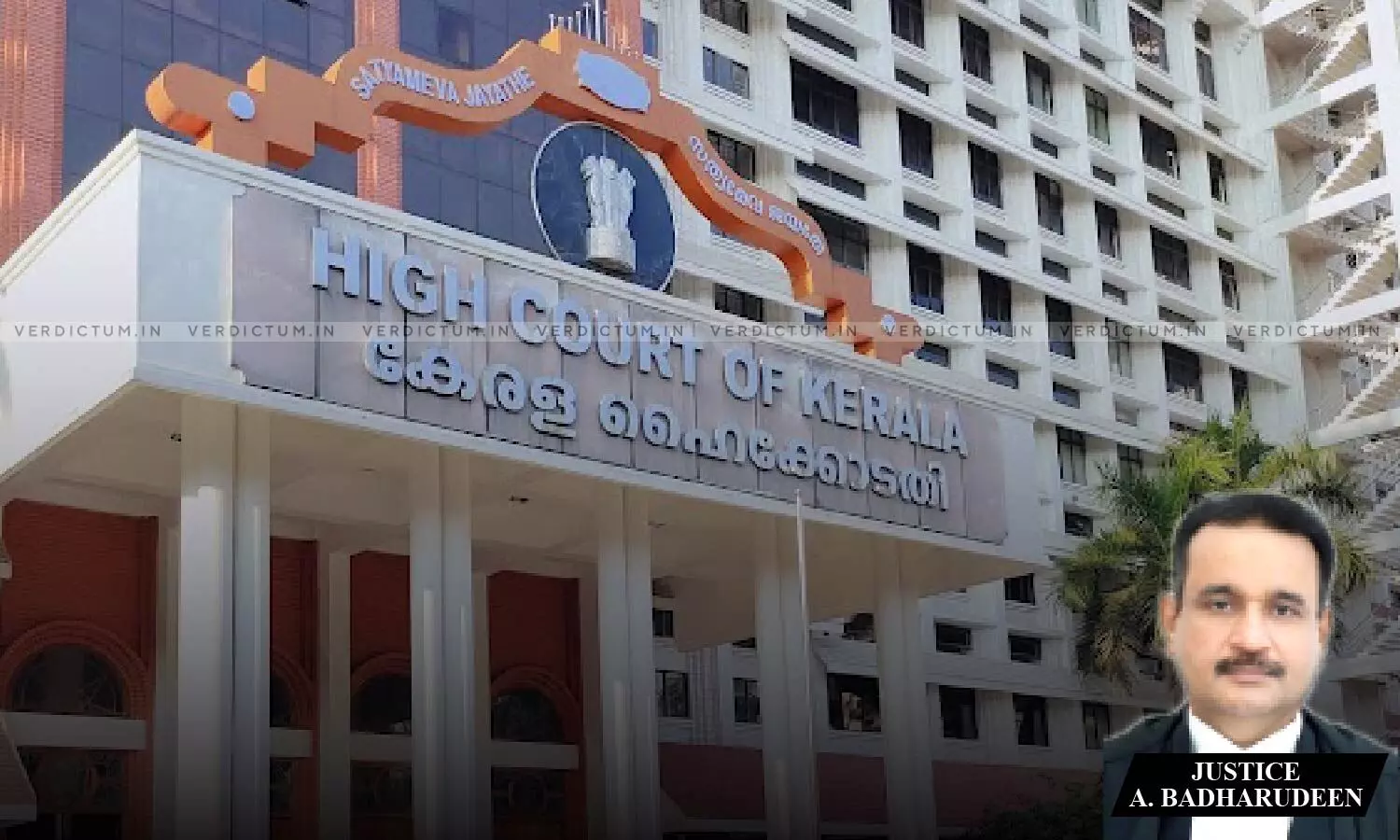
Divorced Women Residing Within Jurisdictional Limit Of Magistrate Only Can Avail Benefit Under MWPRD Act: Kerala HC Quashes Complaint Filed By Malaysian Woman
 |
|The Kerala High Court quashed a complaint filed by Malaysian Woman while observing that divorced women should reside within the jurisdiction of the Magistrate to avail of benefits under Muslim Women (Protection Of Rights On Divorce) Act, 1986.
The Court was hearing a Petition that was filed to quash a petition/complaint pending on the files of Judicial Magistrate First Class.
The bench of Justice A. Badharudeen observed, “Since the MWPRD Act provides that a petition/complaint under Section 3(2) of MWPRD Act seeking reliefs available under Section 3(1)(a) to (d) of MWPRD Act at the instance of the divorced wife is maintainable only within the jurisdiction of the Magistrate, where the divorced wife resides, such a wife alone is competent to file a complaint/petition under Section 3(2) of the MWPRD Act.…the petitioner herein, a citizen and native of Malaysia, residing in Malaysia, who married and divorced in Malaysia, would not come under the definition of a ‘divorced women resides' within the jurisdiction of the Magistrate Court, Kunnamkulam.”
Advocate K. Shibili Naha appeared for the Appellant and Advocate Arun Bose D. appeared for the Respondent.
Brief Facts-
It is the case of the complainant is a Malaysian citizen, permanently residing in Malaysia with a Malaysian passport. The marriage and divorce both occurred in Malaysia. It was argued that since the divorced women does not reside within the jurisdiction of the Magistrate Court the Petition under Section 3 of the Muslim Women (Protection of Rights on Divorce) Act, 1986 is not maintainable.
The Court noted the decision of the Supreme Court in Bhagwan Dass and another v. Kamal Abrol and others [AIR 2005 SC 2583] and observed, “the term ‘residence' is generally understood as referring to a person in connection with the place where he lives, and may be defined as one who resides in a place or one who dwells in a place for a considerable period of time as distinguished from one who merely works in a certain locality or comes casually for a visit and the place of work or the place of casual visit are different from the place of 'residence'. The term 'residence' literally means the fact of living in a particular place.”
Accordingly, the Court found that the complaint filed by the woman is not maintainable.
Finally, the Court allowed the Petition.
Cause Title: Sahesh Rafeeque v. Nural Inshira Binti Abdul Kareem (Neutral Citation: 2024/KER/53408)
Appearance:
Appellant: Adv. K. Shibili Naha, Adv. A. Lossy, Adv. Nivea K.G.
Respondent: Adv. Arun Bose D., K. Vishwan and Adv. Sooraj S